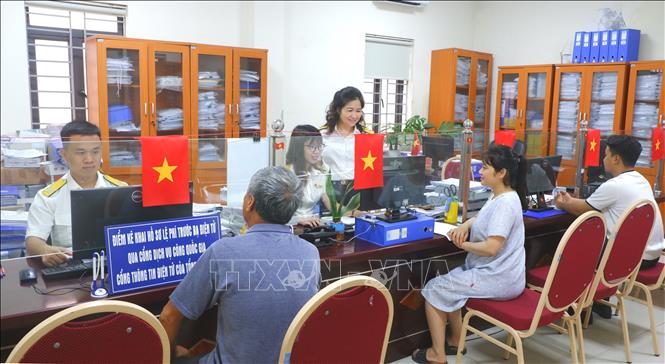
This draft law not only supplements the incentive mechanism, creating motivation for tax and customs officials, but also institutionalizes many important reforms such as shortening the time limit for additional tax filing, applying automatic tax refunds, converting business household management from lump-sum tax to declaration, and clearly stipulating the inspection period for enterprises with related-party transactions. With these synchronous innovations, the Law on Tax Administration (amended) is expected to become the foundation for a modern, transparent tax system that meets the development requirements of the digital economy .
Accordingly, one of the notable contents of the draft Law is the regulation on the mechanism of supplementing income for civil servants and employees in the tax and customs sectors in Clause 5, Article 9. Accordingly, “Article 9. Building a tax management force: 5. When tax management agencies organize the collection of state budget exceeding the annual estimate decided by the National Assembly , they are allowed to allocate funds to supplement income for civil servants and employees not exceeding 01 time the salary fund of civil servants and employees. The Government shall regulate the allocation and use of funds to supplement income to ensure proper purposes and effectiveness.”
This proposal is built on the basis of major policies and resolutions of the Party and the National Assembly such as Resolution No. 27-NQ/TW on reforming wage policy, Conclusion 83-KL/TW of the Central Executive Committee and Resolution No. 142/2024/QH15 of the National Assembly on amending and abolishing special financial and income mechanisms.
Regarding practical basis, the Ministry of Finance said that previously, the tax and customs sectors were applied with a special financial mechanism according to Resolution No. 1094/NQ-UBTVQH15 of the National Assembly Standing Committee (1.8% of the state budget revenue estimate for the tax sector and 2.1% for customs).
From July 1, 2023 to present, the basic salary for units without special financial mechanisms has been adjusted to 1.8 million VND/person/month (from July 1, 2023 to June 30, 2024) and 2.34 million VND/person/month (from July 1, 2024 to present) according to the Resolutions of the National Assembly.
However, for the tax and customs sectors, salaries are not adjusted according to the increase in basic salary but kept the same as before July 1, 2023 (average about 10 million VND/person/month).
Along with the arrangement and streamlining of more than 8,000 staff, many tax and customs officers have to be transferred and work far from home, resulting in high living expenses. Adding a compensation mechanism is necessary to make the team feel secure in their work, prevent negativity, and improve budget collection efficiency.
In addition, there is currently a mechanism for paying additional income for a number of localities and central agencies such as the mechanism for paying additional income for civil servants in Ho Chi Minh City according to Resolution No. 98/2023/QH15, Hanoi City according to the Law on the Capital, Hai Phong City according to Resolution No. 226/2025/QH15; in which, the payment of additional income does not exceed 0.8 times the basic salary fund of cadres, civil servants, public employees and workers.
Therefore, the Ministry of Finance proposed to amend and supplement the legal basis on budget allocation to supplement income for civil servants and employees in the draft Law on Tax Administration (amended) for tax administration agencies (tax and customs sectors).
According to the Ministry of Finance, the proposed content of the draft Law has been synthesized from the consensus of ministries, agencies and localities such as the Ministry of Public Security; People's Committees of Bac Ninh province, Can Tho city, Khanh Hoa province, Hanoi city, Ho Chi Minh city...
Another important reform content is the shortening of the time limit for filing additional tax records from 10 years to 5 years according to Clause 5, Article 12. This new regulation is built to be consistent with the statute of limitations for handling administrative violations of tax at 5 years, in line with international practice, when countries such as Singapore, Japan, Germany, and South Korea all limit it to about 3 - 5 years. According to tax industry data, in 2024 there will be nearly 2 million additional records, but records from the previous 5 - 10 years only account for 3.1%.
Accordingly, taxpayers' additional declarations for inspection records mainly arise for tax periods within the period of 5 years or earlier from the date of detecting errors. The Ministry of Finance believes that shortening the time for additional declarations will help increase taxpayers' responsibility for truthful declarations and reduce the volume of archived records, serving digital transformation and automatic processing.
A fundamental change of the Law on Tax Administration (amended) is to officially institutionalize the policy of eliminating the lump-sum tax form, moving towards managing business households by self-declaring, self-calculating, and self-paying taxes. Accordingly, business households and business individuals will base on actual revenue to determine the amount of tax payable. In particular, for e-commerce business households, platforms with domestic or foreign payment functions will be responsible for deducting, declaring, and paying taxes on behalf of business individuals.
The Ministry of Finance said that, along with the Law, the Government is urgently developing a Decree and circular detailing tax management for business households and individual businesses to take effect from January 1, 2026 according to Resolution 198/2025/QH15. The tax management policy in the draft Decree is aimed at maximally simplifying administrative procedures such as tax registration linked with business registration procedures, using citizen identification numbers as tax codes, a system to support tax declaration and calculation, integrating revenue declaration procedures with tax declaration and calculation, encouraging the use of electronic invoices with tax authority codes, etc.
The draft Law also adds provisions on automatic tax refunds at Point b, Clause 4, Article 18, according to which the tax authority's information system will automatically identify and refund taxes based on records and management data. This mechanism will apply to low-risk records, helping to shorten processing time, reduce direct contact, make the process transparent and support businesses to quickly turn around capital. Currently, the Tax sector has implemented automatic tax refunds for personal income tax. In the coming time, this will be expanded to other taxes, according to the roadmap for building a database and a set of risk criteria. The Ministry of Finance will detail the process, roadmap and control mechanism.
Another new point that has received attention is the regulation on the tax inspection period for enterprises with related-party transactions in Clause 3, Article 22. Accordingly, the inspection period for enterprises in general is 20 days, and if necessary, it can be extended once but not more than 20 days.
For enterprises with related-party transactions, the inspection period is 40 days, and if necessary, it can be up to 80 days to ensure the inspection is conducted in cases where the content of related-party transactions is complicated (but not all inspection cases for enterprises with related-party transactions have a period of 80 days).
The reason why the inspection period for enterprises with related-party transactions needs to be longer than the inspection period for normal enterprises. In reality, inspections for enterprises with related-party transactions often encounter many difficulties, are complicated, and are prone to disputes and complaints due to their involvement in international taxes and the protection of tax rights of countries. The subsidiary in Vietnam is under the control and authority of the parent company, so the issue of handling through inspections is decided by the subsidiary reporting to the parent company, and in many cases, the inspection teams have to wait for the arrangement of a working schedule to directly dialogue with the subsidiary in Vietnam and the parent company, so the time to conduct the inspection is often prolonged, such as: the inspection of Maersk Vietnam Co., Ltd. (2 years); Westlake Compound Vietnam Co., Ltd., Formosa Hung Nghiep Co., Ltd., SYNGENTA Vietnam Co., Ltd., Partron Vietnam Co., Ltd. (01 year);... The tax settlement related to the settlement of transfer price disputes through inspection also takes a very long time (about 2 - 5 years). Therefore, it is necessary to supplement regulations on the tax inspection period for enterprises with related-party transactions.
With new contents from the civil servant remuneration mechanism, procedural reform, shortening of additional declaration time, automatic tax refund and comprehensive digital transformation, the Law on Tax Administration (amended) is not only a legal improvement but also an important step forward in reforming the public finance system, towards a modern, transparent, fair and effective tax system, suitable for the development requirements of the digital economy.
Source: https://baotintuc.vn/kinh-te/luat-quan-ly-thue-sua-doi-cai-cach-toan-dien-tu-co-che-dai-ngo-den-quan-ly-thue-so-20251030175231642.htm


![[Photo] The Third Patriotic Emulation Congress of the Central Internal Affairs Commission](https://vphoto.vietnam.vn/thumb/1200x675/vietnam/resource/IMAGE/2025/10/30/1761831176178_dh-thi-dua-yeu-nuoc-5076-2710-jpg.webp)


![[Photo] General Secretary To Lam attends the Vietnam-UK High-Level Economic Conference](https://vphoto.vietnam.vn/thumb/1200x675/vietnam/resource/IMAGE/2025/10/30/1761825773922_anh-1-3371-jpg.webp)

![[Photo] Prime Minister Pham Minh Chinh attends the 5th National Press Awards Ceremony on preventing and combating corruption, waste and negativity](https://vphoto.vietnam.vn/thumb/1200x675/vietnam/resource/IMAGE/2025/10/31/1761881588160_dsc-8359-jpg.webp)
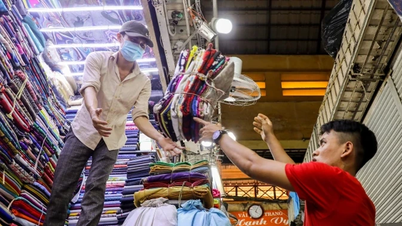




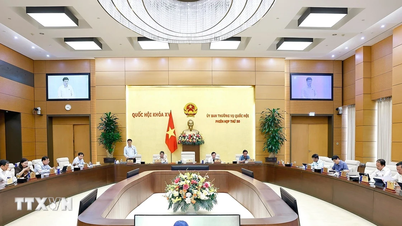

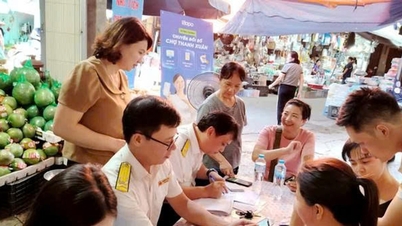
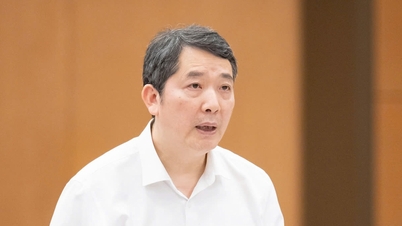

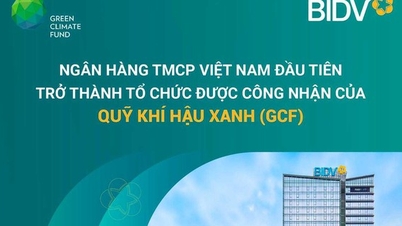


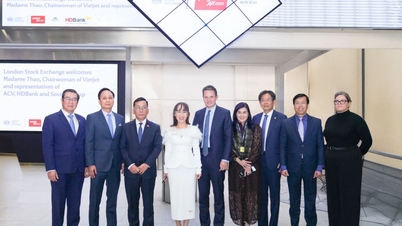

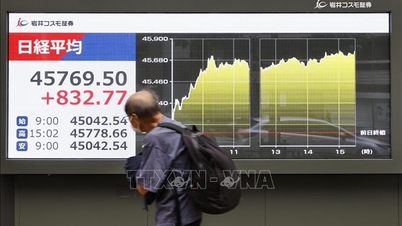
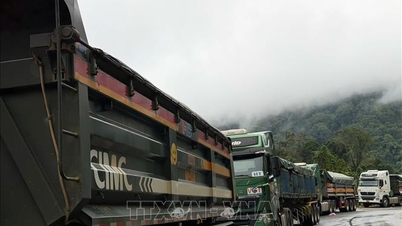




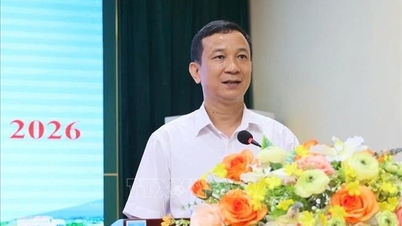
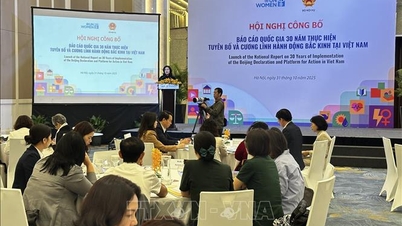
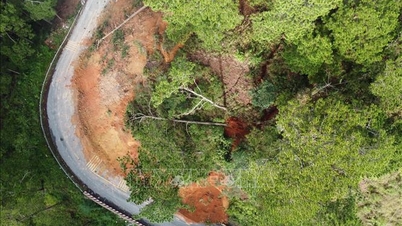
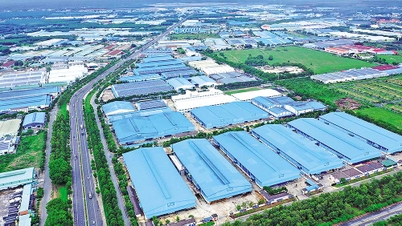
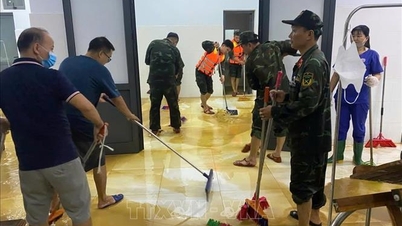
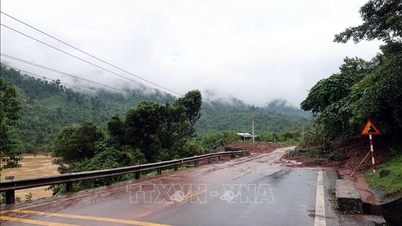


























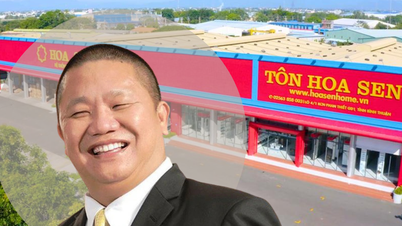







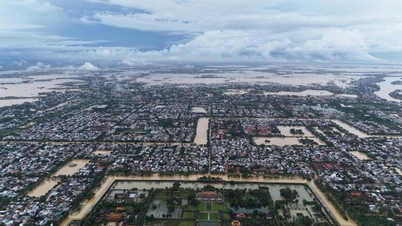





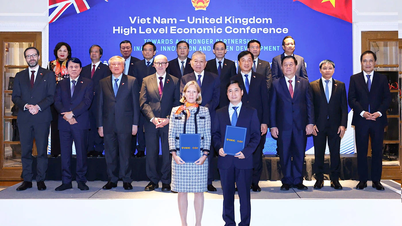

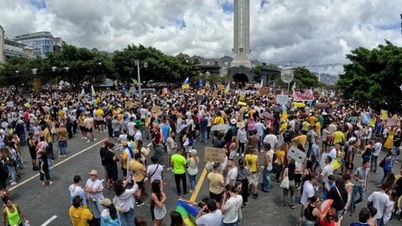
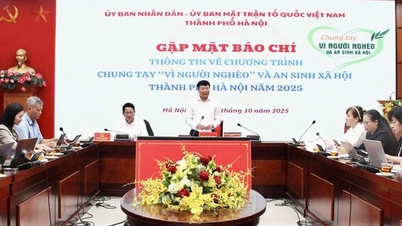
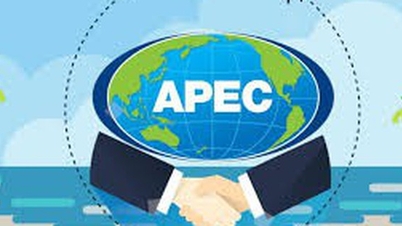
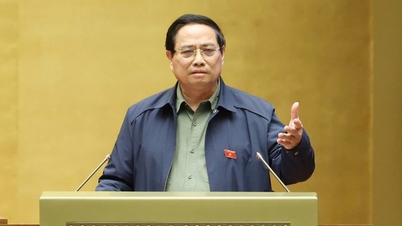


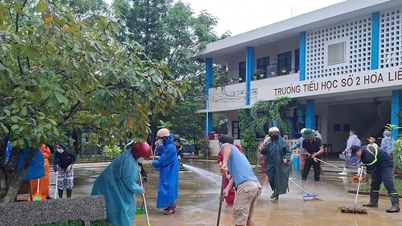

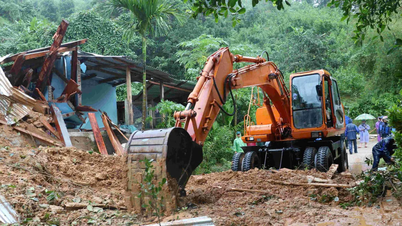

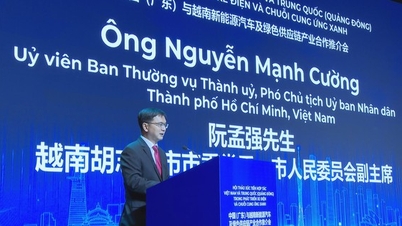

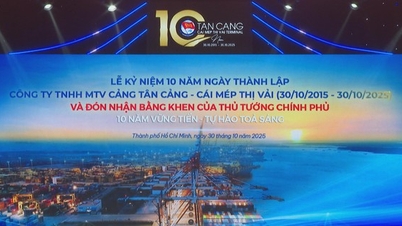
















Comment (0)